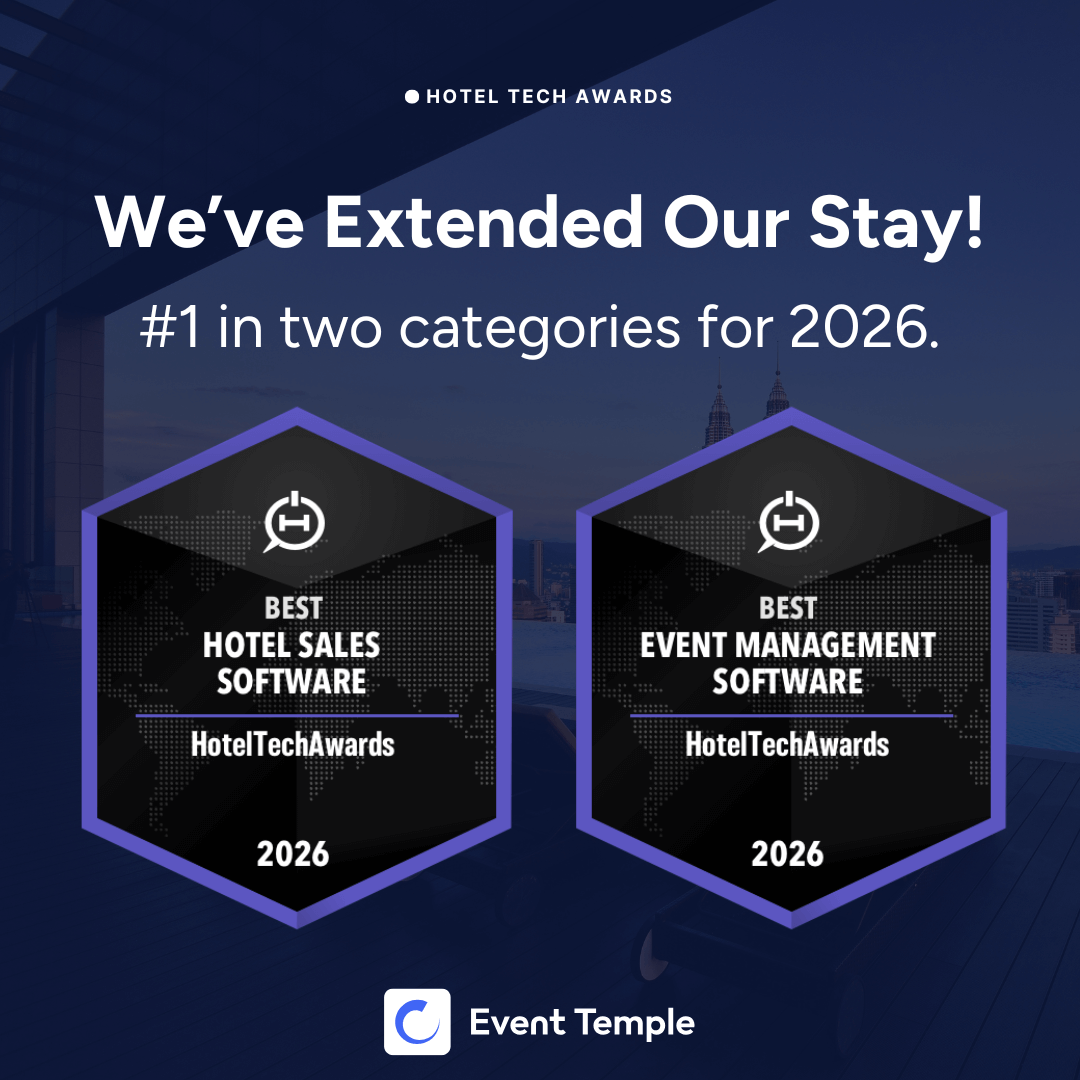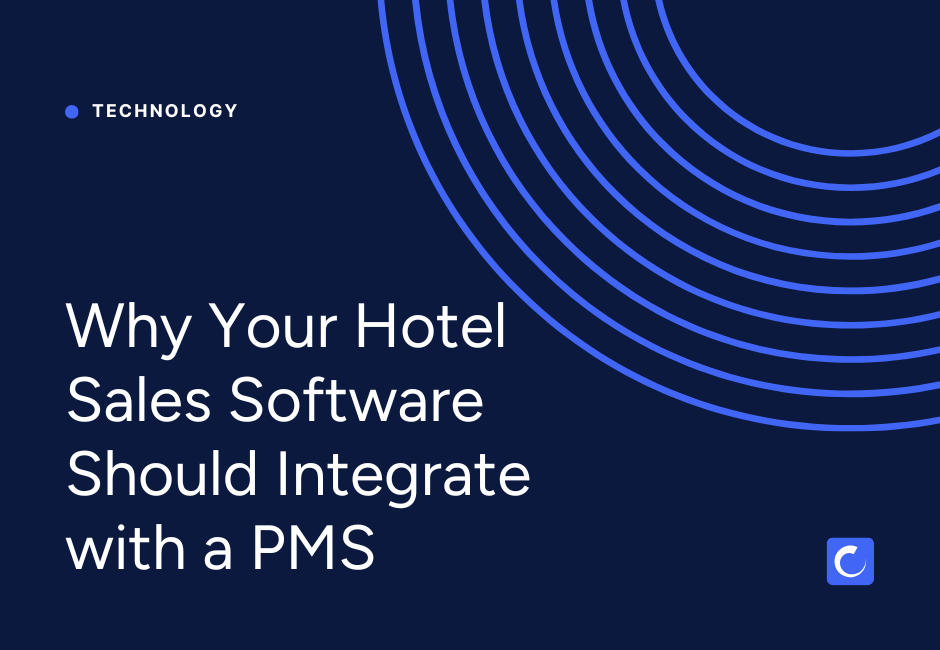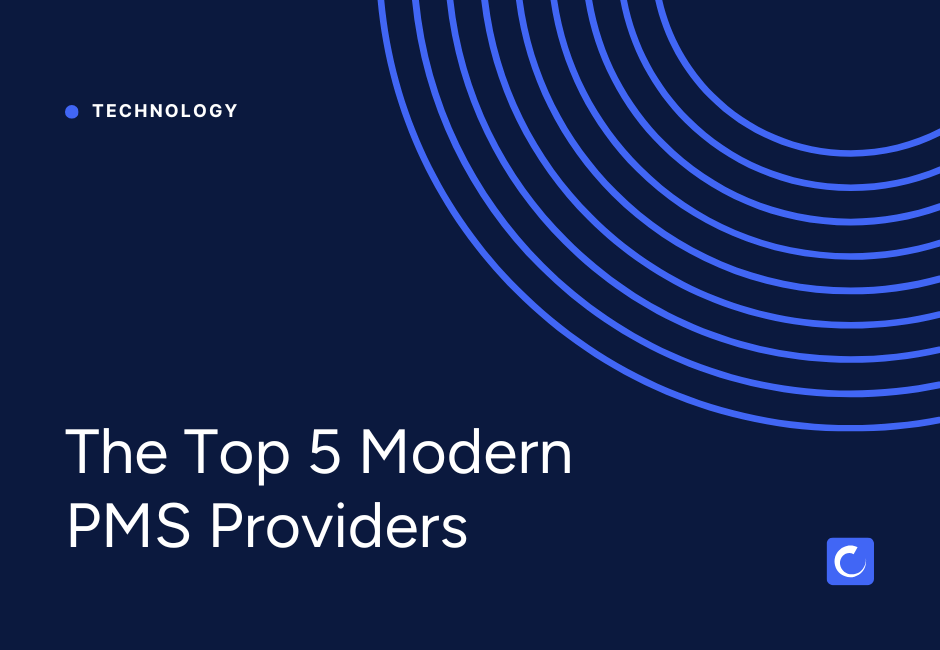
In today’s competitive landscape, hotels with event spaces can’t afford to sleep on search engine optimization (SEO) as an invaluable channel to drive scalable growth and reach more customers where they’re at.
With AI-driven innovation changing the very makeup of search engine results pages (SERPs) and search behavior changing at a rapid pace, taking an agile approach to SEO is more critical than ever to attract new business and stay competitive.
And while we won’t rehash all of the fundamentals of SEO for hotels in this post (like keyword research and on-page optimization), we’ll share actionable strategies to boost your online visibility, increase bookings, and dial in your approach to thrive in the evolving digital landscape of 2025.
Audit Your Current SEO Performance
New year, new you? Not so fast. While we’re all for transformative resolutions and crushing goals, it’s just as important to take a comprehensive snapshot of your current SEO performance before diving into new tactics to inform your approach.
This way you can take stock of where you’re at, where you’re already winning, and identify strategic opportunities for optimization so you’re not just shooting in the dark.
Here’s how to audit your performance to fuel a data-driven SEO strategy:
- Conduct a Technical Audit: Use (free) tools like Screaming Frog SEO Spider and Google Search Console to identify technical issues with broken links, slow page speed, and mobile responsiveness. For instance, if your events booking page takes over three seconds to load, look to optimize images and enable caching to improve speed. Look to constantly improve your Core Web Vitals scores — your customers (and Google) will thank you.
- Analyze Organic Traffic: Examine Google Analytics and Search Console data to understand your current traffic sources, high-performing pages, and search terms driving traffic. For example, if [corporate retreat event space] is driving boatloads of traffic, double down by optimizing your landing page and look at targeting related keywords and spinning up semantically related content.
- Evaluate Local Search Visibility: Check in on your Google Business Profile and local search rankings. Optimizing your profile and keeping Google’s emphasis on relevance, distance, and prominence to determine local rankings in mind will help ensure you’re maximizing your visibility.
- Perform Competitor Analysis: Compare your performance with local competitors. Use tools like Ahrefs or Moz to analyze their backlink profiles, keyword rankings, and content. If a competitor has a well-performing blog about top wedding trends, consider trying to create similar (ideally, better) content to leapfrog them on the SERPs
- Link Analysis: The internet is built on links and a strong SEO foundation is too. Use SEO tools to help understand the existing links to your site so you can nurture relationships with high-quality domains and identify any potentially harmful links from irrelevant spam sites to remedy. Analyze competitors to uncover untapped opportunities and identify valuable future link targets, such as travel bloggers, local tourism boards, or industry publications that are not already linking to your domain.
The insights surfaced from your audit will help identify strengths, weaknesses, and opportunities for improvement so you know where to prioritize your efforts in 2025 and get the most bang for your SEO buck.
Craft Authentic and Authoritative Content: E-E-A-T in Focus
Stand out from the crowd and leverage the unique selling points of your property to shine. Google prioritizes content that demonstrates Experience, Expertise, Authority, and Trustworthiness (E-E-A-T). Here’s how you can ensure you’re demonstrating yours:
- Leverage Real-World Experience: Showcase your team’s expertise in hosting events and share inspirational success stories as case studies with details about challenges, solutions, and outcomes including before-and-after photos of the space.
- Create Authoritative Content: Publish guides demonstrating expertise on topics like “Planning a Corporate Event” or “How to Choose the Perfect Wedding Venue.” Include downloadable checklists or templates for added value that creates a positive brand experience and keep users coming back for more.
- Avoid the “Sea of Sameness”: With AI generating much of today’s content, ensure yours is unique by adding personal anecdotes, guest testimonials, proprietary data, and visuals of your property’s event spaces.

Prioritize Local SEO
It’s all about location, location, location — you’ve heard it before and it still rings true when it comes to SEO for hotels in 2025.
Hotels and venues rely on physical locations to do business, so local SEO becomes essential by nature. Event planners and guests alike prioritize proximity when choosing potential properties to bring their business to. Here’s how to dominate local search:
- Optimize Your Google Business Profile: Ensure your profile is complete with accurate details, high-quality images, and regular updates. Highlight your event spaces and amenities. Snoop on competitor’s profiles for inspiration and to ensure you stack up.
- Encourage Reviews (and Respond!): Positive reviews improve trust and rankings. Prompt satisfied customers to leave reviews on Google and other platforms with handy QR codes and be sure to respond to customer praise and complaints alike (63% of consumers will update a damaging negative review if resolved to their satisfaction).
- Target Local Keywords: Incorporate target location-specific phrases like “conference hotel in [City]” into your content, title tags, and meta descriptions. Use tools like Google’s Keyword Planner to find high-volume local keywords and don’t forget to track your rankings by geographic location if you’re serving multiple markets.
- Engage with Local Directories: List your hotel in relevant directories such as WeddingWire, The Knot, or local business directories to enhance visibility. Ensure consistent Name, Address, and Phone Number (NAP) information across all platforms to ensure accurate listings and that customers can reach you.
- Build Local Backlinks: At its core, link building is pretty much just digital networking. Partner with local businesses and event planners to earn backlinks. For example, establish new relationships and collaborate with a local florist or photographer and feature their services on your blog while they link back to your site.
Navigate and Adapt to AI Overviews in SERPs
2024 saw massive changes for search with AI-infused SERPs in constant flux. As search engines continue to experiment and refine, the rules of engagement are constantly changing — but as AI Overviews become more prominent in search and encroach on traditional results, it’s crucial to adapt:
- Focus on Structure and Intent: Structure content with clear headings, lists, and concise answers to common questions. For example, create a FAQ section addressing queries like “How many guests can your largest event space accommodate?” Ensure you are considering (and serving) the search intent of the keywords you’re ranking for.
- Provide Value Beyond the Overview: Ensure your content offers depth and unique insights that AI summaries cannot fully capture. For example, include interactive elements like cost calculators, virtual tours, and downloadable event planning guides that give users a reason to click through to your site.
- Utilize Conversational Keywords: AI-driven search prioritizes natural language. Optimize for queries framed as questions or conversational phrases, such as “Where can I host a small wedding in [City]?”
- Monitor AI Trends: Stay informed on how search engines integrate AI and adjust accordingly. Some great resources include: Search Engine Journal, Search Engine Roundtable, and the SEOFOMO newsletter to stay on top of developments.
Invest in Hotel SEO for Ongoing Sustainable Growth
SEO for hotels and venues in 2025 requires time, attention, and a multi-faceted approach — it won’t happen overnight, but if you take the time to build a solid foundation for growth and get the engine running, your initial investment will reap ongoing returns into the future. The best part is that SEO is “free” in the sense that if you take the time to get it right, searchers will find your website again and again without you having to pay for impressions through advertising.
By auditing your current performance to surface insights, crafting authentic content that highlights E-E-A-T, focusing on local SEO, and adapting to AI in search, your hotel can stand out and attract more business.
The key is to remain proactive, prioritize showcasing real-world value and uniqueness, and evolve alongside the digital landscape. Your hotel and event spaces deserve to shine — nail SEO to ensure you’re discoverable to searchers and the inquiries and bookings will roll in.



